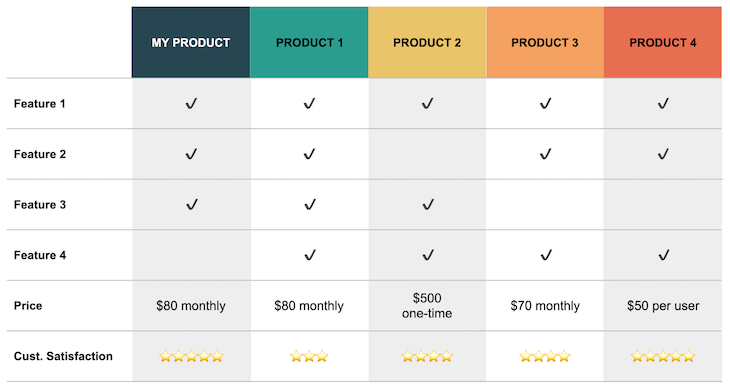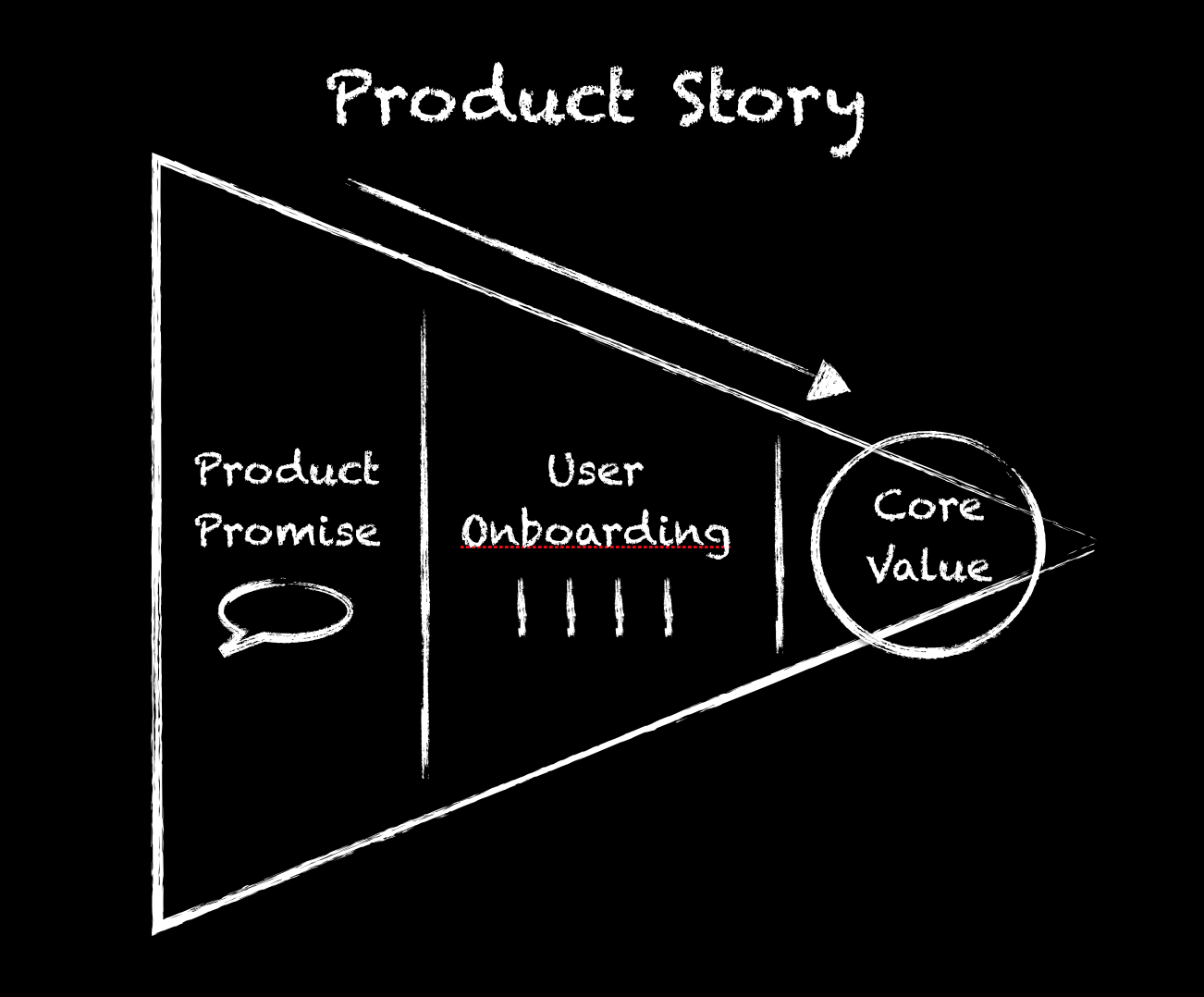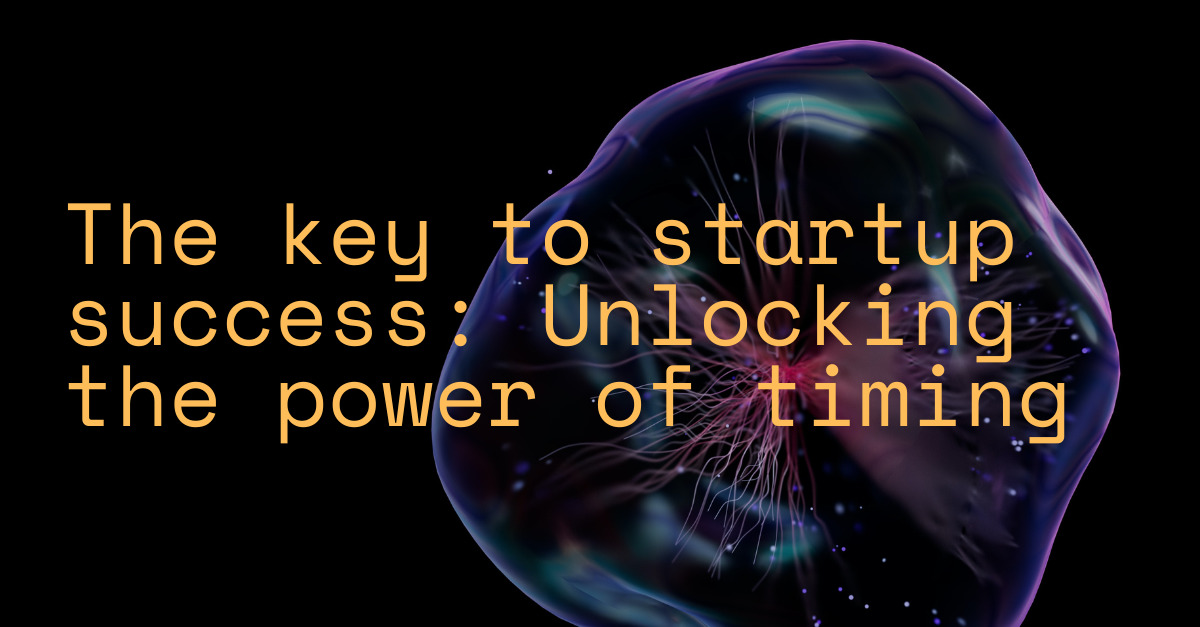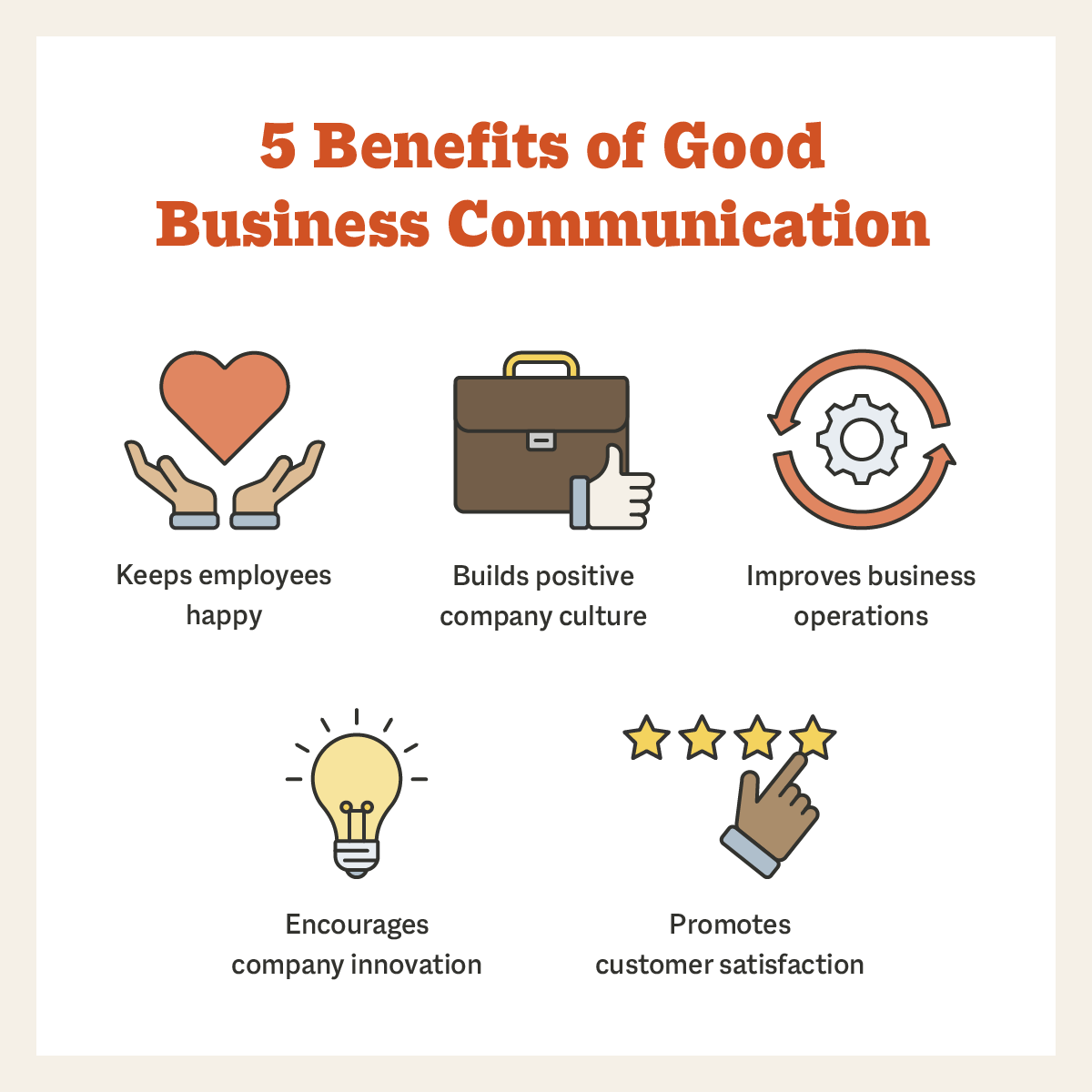Unlocking the Power of Your Product: A Two-Story Guide to Effective Feature & Benefit Communication

Imagine a beautiful two-story home. The exterior, with its inviting facade and manicured landscaping, draws you in. But it’s the interior that truly captivates – each room meticulously designed to fulfill a specific purpose, offering comfort, functionality, and aesthetic appeal.
This is how you should approach your product. Like a well-designed home, your product needs to be presented with both an attractive exterior (features) and a compelling interior (benefits). This is where the art of product marketing and sales comes in.

The Key: Connecting Features to Benefits
Your goal is to go beyond simply listing features. You need to show your potential customers how those features translate into real, tangible benefits that improve their lives.
Here’s how we’ll break down this process:

Story One: The Foundation – Understanding Your Ideal Customer
- Who are they? Define your ideal customer persona. What are their demographics, interests, pain points, and aspirations?
- What are their needs? What challenges do they face? What are their goals? What are their motivations for purchasing?
- How does your product fit into their lives? What problems does it solve? What opportunities does it create?


Story Two: The First Floor – Building the Features

- The Framework: Identify the core features of your product or service. These are the tangible elements that make up your offering.
- The Rooms: Group these features into logical categories. This helps to make your product more digestible and easier to understand.
- The Details: For each feature, provide clear and concise descriptions. Use language that is easy to understand and avoid technical jargon.



Story Three: The Second Floor – Unveiling the Benefits
- The View: Connect each feature to a specific benefit. How does this feature improve the customer’s life?
- The Comfort: Explain the emotional impact of each benefit. How does it make the customer feel?
- The Value: Quantify the benefits whenever possible. How much time, money, or effort does it save? What are the tangible results?


Example: A Smart Home Security System
Story One: The Foundation

- Ideal Customer: A busy professional with a young family who is concerned about home security and wants peace of mind.
- Needs: They want a system that is easy to use, reliable, and can be monitored remotely. They also want a system that is affordable and can be customized to their specific needs.
- Product Fit: This smart home security system offers advanced features like motion detection, 24/7 monitoring, and remote access, all at an affordable price.

Story Two: The First Floor
- Features:
- Motion Detection: Sensors detect movement and trigger alerts.
- 24/7 Monitoring: Professional monitoring service provides constant surveillance.
- Remote Access: Control the system from anywhere with a smartphone app.
- Customizable Alerts: Receive notifications based on specific events.
- Affordable Pricing: Competitive pricing plans to fit various budgets.
Story Three: The Second Floor
- Benefits:
- Motion Detection: Provides early warning of potential intruders, giving you time to react.
- 24/7 Monitoring: Offers peace of mind knowing your home is always protected, even when you’re away.
- Remote Access: Allows you to check in on your home from anywhere, anytime, and control your security system remotely.
- Customizable Alerts: Ensures you only receive notifications that are relevant to you, reducing unnecessary stress.
- Affordable Pricing: Makes advanced home security accessible to a wider range of customers.
Beyond the Home: Applying the Framework
This two-story approach can be applied to any product or service. Here are some additional tips:
- Use Storytelling: Engage your audience with relatable stories that demonstrate the value of your product.
- Visuals: Use high-quality images, videos, and infographics to illustrate your features and benefits.
- Social Proof: Include testimonials, reviews, and case studies to build trust and credibility.
- Call to Action: Clearly state what you want your audience to do next, whether it’s visiting your website, signing up for a free trial, or making a purchase.
Remember, your goal is to help your potential customers understand how your product can solve their problems and improve their lives. By focusing on the benefits and connecting them to the features, you can create a compelling narrative that will resonate with your audience and drive sales.

